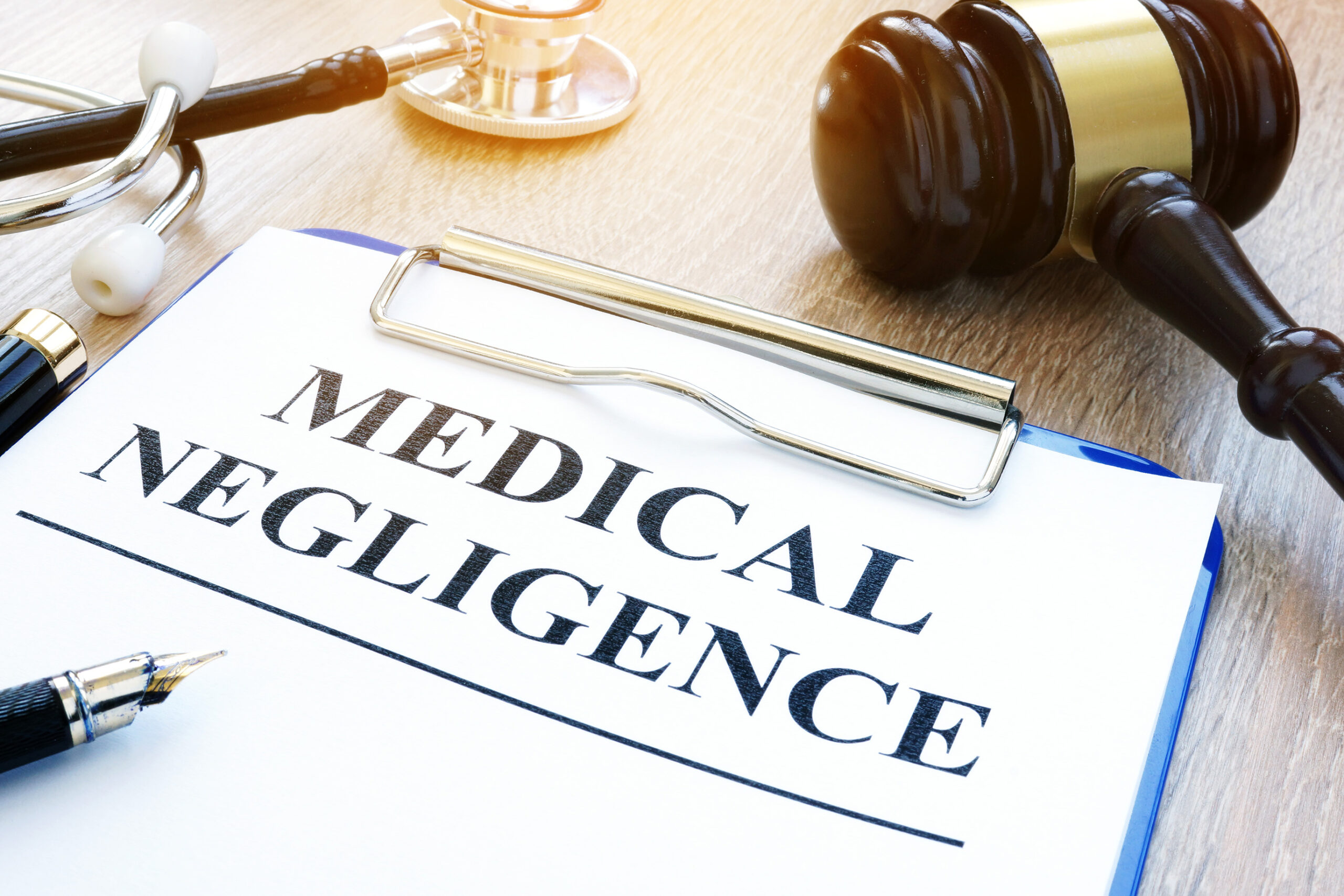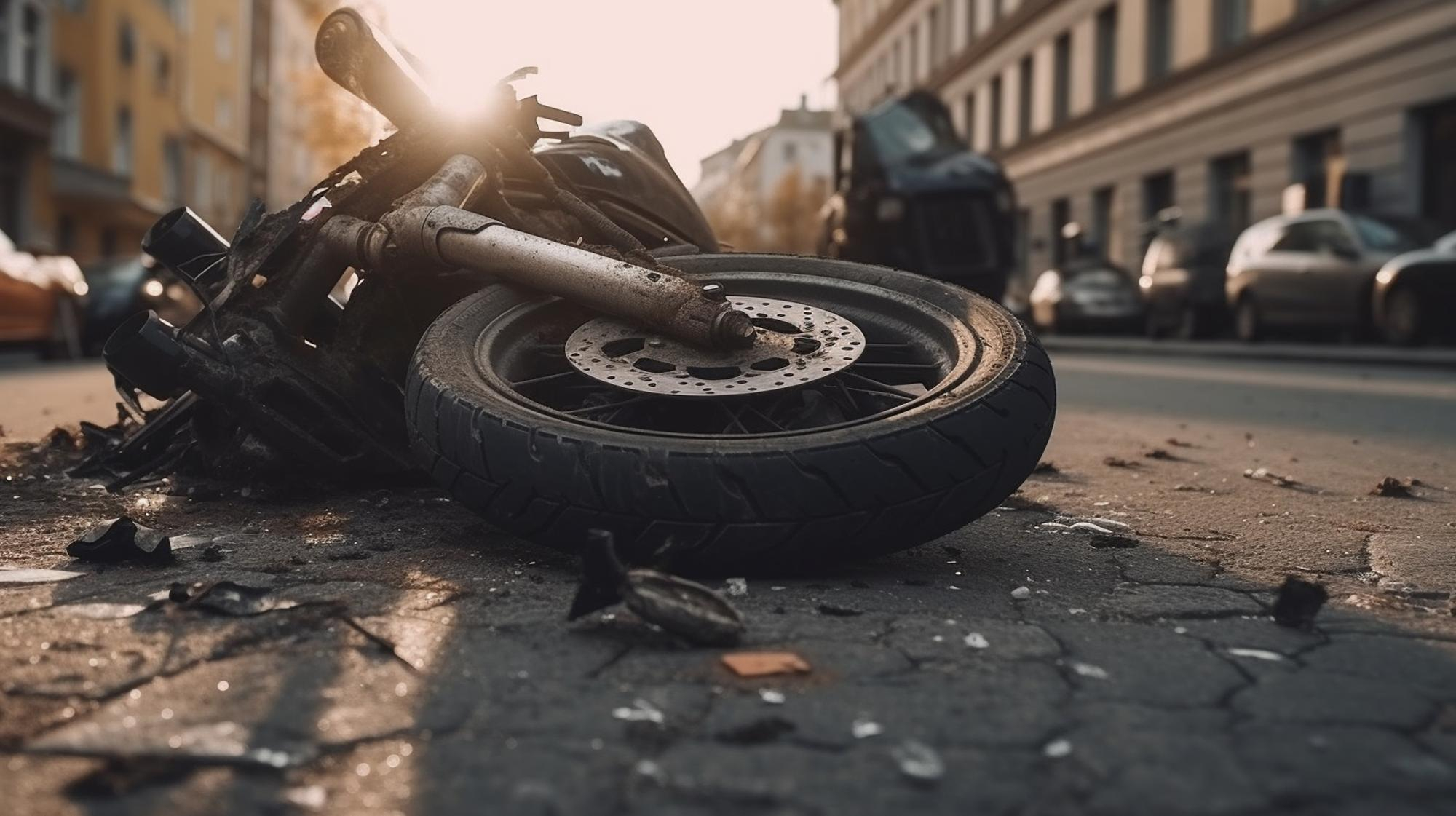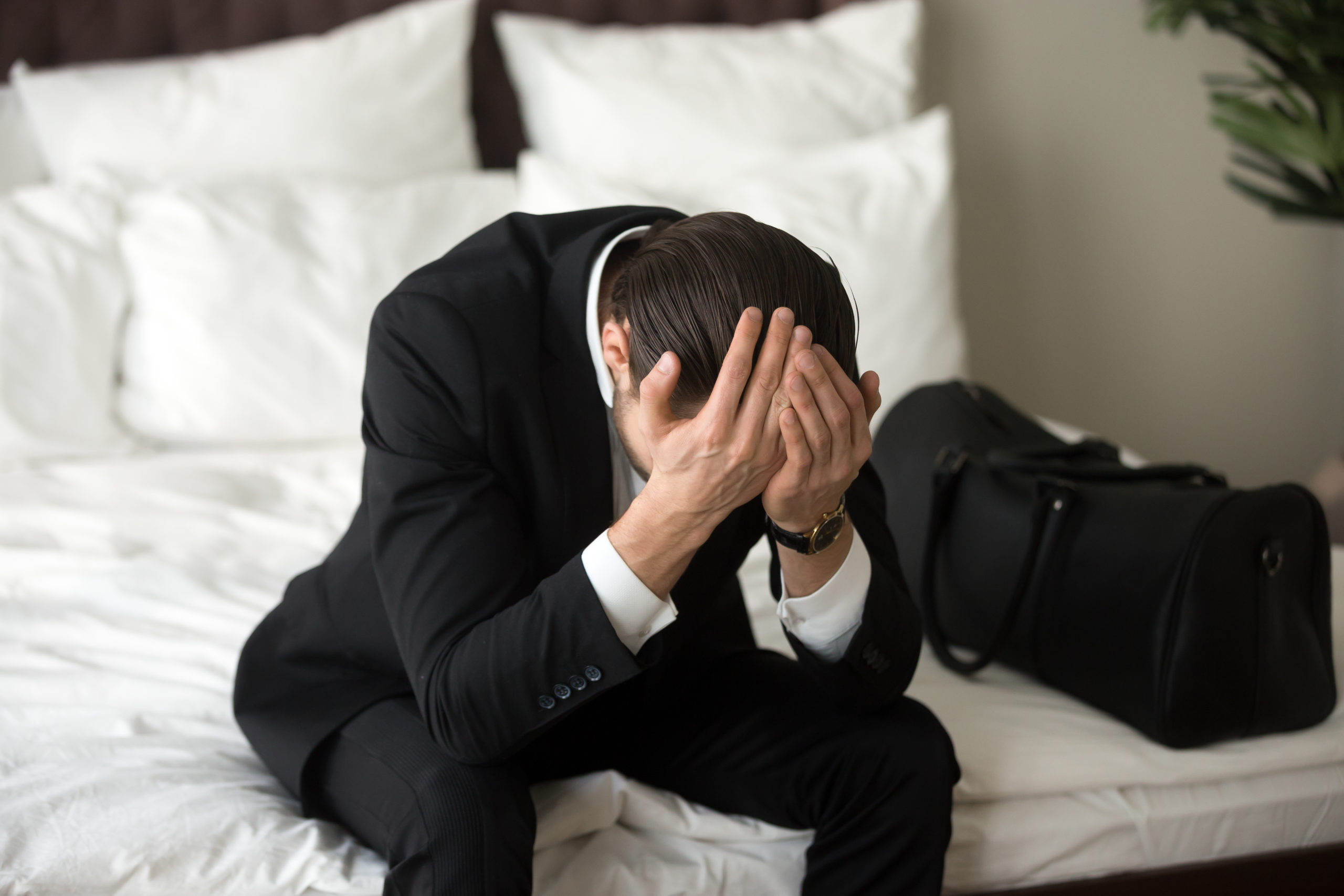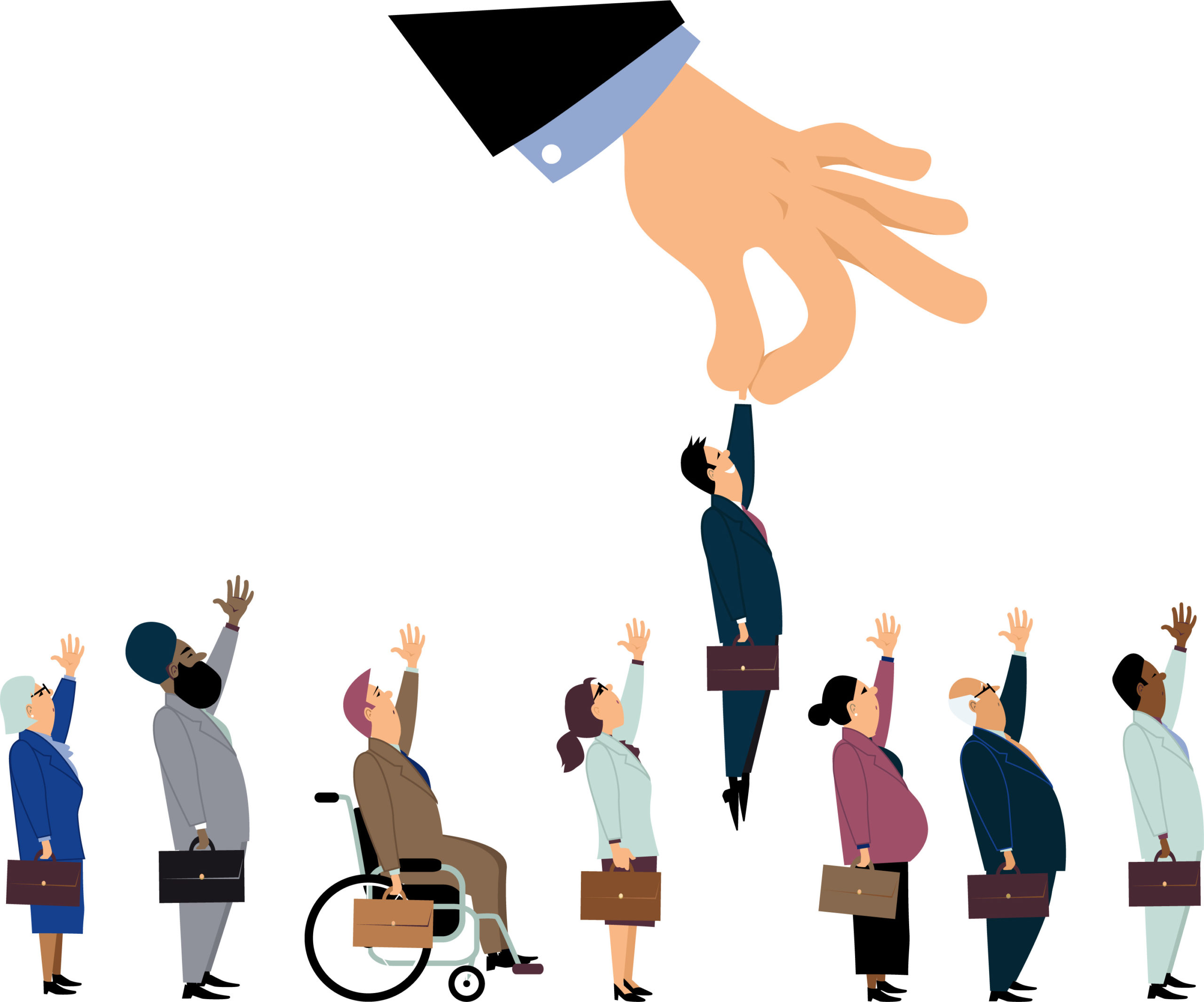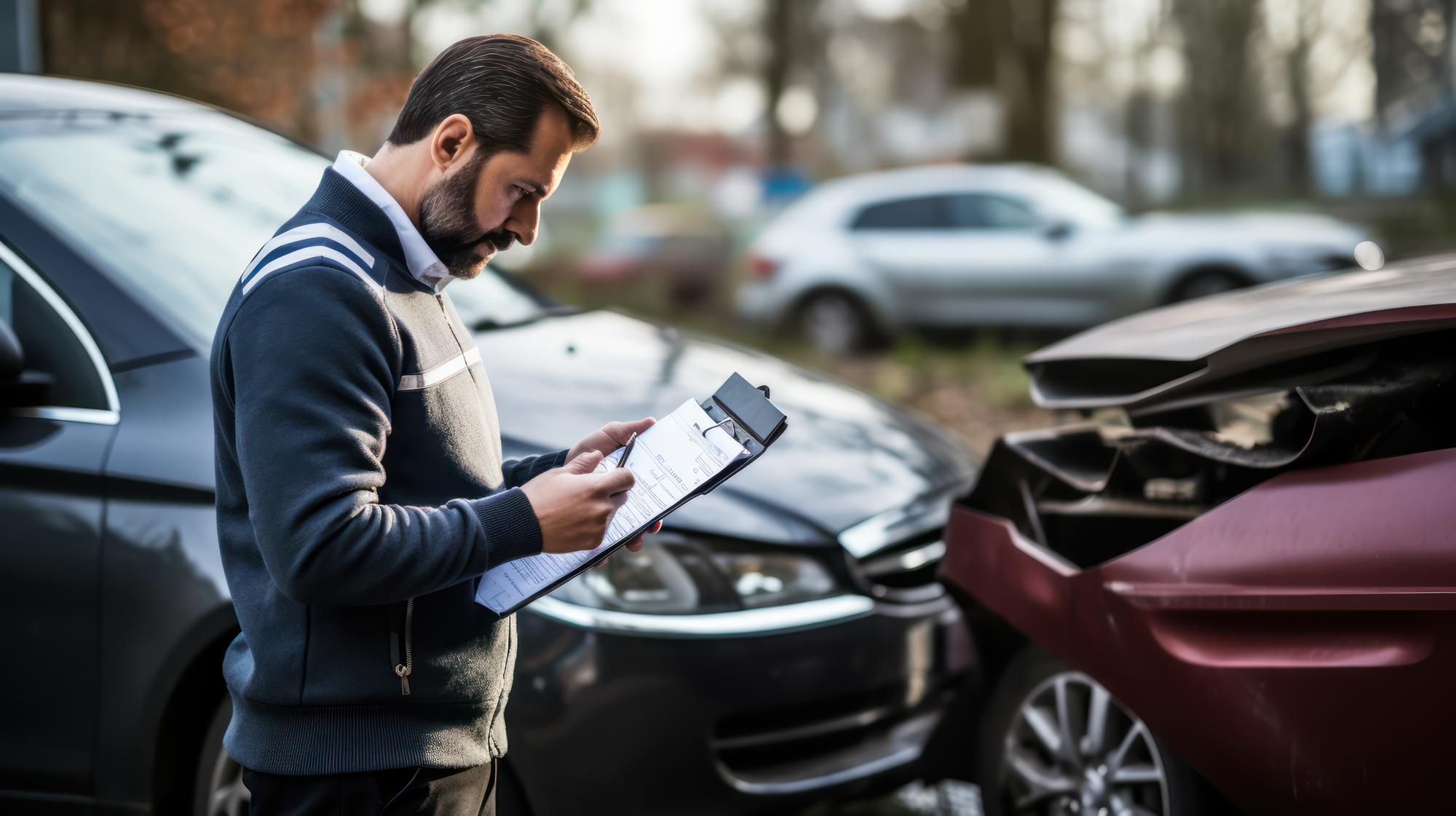In personal injury law, negligence refers to someone who breaches the duty of care that they owe to other people. Gross negligence is the term that is used when that breach is so severe that it constitutes a willful blatant disregard for the safety of those other people. Depending on local legal regulations, gross negligence may be somewhat interchangeable with recklessness. In cases involving gross negligence, the court may order punitive damages as an additional punishment and deterrent against the behavior in the future. There may also be corresponding criminal charges against the defendant for their actions.
What is the Difference Between Gross Negligence vs Negligence?
The defining difference between standard negligence and gross negligence is the level of severity. Gross negligence is used when the defendant shows a complete lack of any thought or concern for the safety of the people around them that goes above and beyond normal negligence. Rather than a careless mistake resulting in a breach of duty of care, gross negligence is willful recklessness. Gross negligence often results in much higher costs to the defendant as well. The increased severity of negligence can often result in an increased severity of the consequences for the defendant as well as more severe injuries to the victim that increase the chances of punitive damages being awarded.
Examples of Gross Negligence in Personal Injury Claims
The line where standard negligence becomes gross negligence is determined on a state level rather than following any federal regulations. Some courts may require some kind of malicious intent or recklessness so extreme that it can be perceived as such. Some professions such as medical care providers are held to higher standards when determining negligence and gross negligence. Situations that can result in gross negligence claims may include:
- A surgeon removing the wrong body part
- A driver going 50mph in a parking lot
- A restaurant serving expired and moldy food
- Someone allowing their aggressive dog to roam off leash
- A company using toxic materials in their products
- A nursing home worker not providing any type of care
Legal Defenses in a Negligence Claim
In order to make a valid argument against a negligence claim, the defendant must prove that they were not liable for the plaintiff’s injuries. This can be done in a few different ways:
- Proving that they did not owe the plaintiff any duty of care
- Proving that they did not cause the incident that resulted in injury
- Proving that the plaintiff was the one who was liable for the incident
- Proving that the plaintiff assumed the risks involved
It is important to note that in California, even if the plaintiff shared some of the liability for what happened, they may still be able to recover partial damages from the defendant. There are also exceptions in some situations of ordinary negligence that involve things like assumption of risk and liability waivers.
When Does Gross Negligence Apply?
Sometimes, a company or entity may have you sign a waiver stating that you accept the risks involved in what you are doing and release them from any liability for potential damages. These waivers generally only protect them from any possible standard negligence claims, not from claims for gross negligence that could not be reasonably foreseen and accepted. Furthermore, there are many who are legally prohibited from having liability waivers protect them specifically from gross negligence claims, such as:
- Gyms and personal trainers
- Driving and horseback riding instructors
- Government provided recreation centers
- Responders who are certified by the Red Cross
- Public and private transportation services
- Resorts for skiing and snowboarding
- Scuba diving and whitewater rafting guides
- Racetracks and other extreme sport facilities
CA Public Policy Still Requires a Minimal Standard of Care Regardless of Acceptance of Risk and Release of Liability
California is one of many states that consider gross negligence liability waivers to be against the interests of public policy and therefore invalid. In the case City of Santa Barbara v. Superior Court (Janeway) (2007), the court held that a liability waiver cannot absolve someone of the bare minimum standard of care expected of those providing recreational services. The focus of that case in particular was the wrongful death of a young girl at a camp for children with disabilities. The woman who had been assigned to be her one-on-one attendant became distracted and lost sight of her while she was swimming. As a result, the girl drowned. Although the mother had signed a liability waiver as part of the camp application, the court determined that it did not absolve the camp of gross negligence.
Proving Gross Negligence in a Personal Injury Claim
The process for proving gross negligence is not too different from proving standard negligence, though it can be more challenging in some cases. In order to prove standard negligence, the plaintiff must establish that:
- The defendant owed them some kind of duty of care.
- The actions or inaction of the defendant were a breach of that duty.
- The breach of duty predominantly caused the plaintiff’s injuries.
- The plaintiff incurred real damages due to the incident and injury.
When determining whether the defendant committed gross negligence, the plaintiff must also prove that there was an element of malice or willful recklessness behind the defendant’s actions. This generally means establishing that the defendant was fully aware that their behavior could result in injury or death. Some of the most common examples of this involve motor vehicle accidents where the driver has a blood alcohol level over twice the legal limit.
Damages Awarded in a Gross Negligence Claim
As with any personal injury claim, there may be many different types of damages the plaintiff could recover for, depending on the details of their specific situation.
This can include economic damages such as:
- Medical bills
- Ambulance costs
- Medication
- Lost wages
- Assistance expenses
They may also have non-economic damages such as:
- Pain and suffering
- Anxiety
- Depression
- Insomnia
- Reduced quality of life
In gross negligence claims, the extent of the damages may be more severe and incur higher costs and a higher settlement. If the matter goes to court, it is not uncommon for gross negligence cases to also result in punitive damages.
Can Gross Negligence Result in Punitive Damages?
Punitive damages exist as a simultaneous punishment and deterrent. The idea is that if a person causes injury to others through acts of malice or willful reckless disregard, they should pay an additional amount on top of the compensation owed to the plaintiff for their damages. This punishment also serves as an incentive for the defendant to change their behavior. Punitive damages being awarded for acts of gross negligence can also deter other people from behaving in the same way.
Can Damages in a Gross Negligence Lawsuit in California Be Capped?
California state law does not allow a cap on damages that can be awarded in gross negligence cases. However, cases involving standard negligence may be subject to some limits and regulations depending on the details of the situation. For example, California has many different caps for damages caused by medical malpractice, including wrongful death claims. There are also reduction limits in cases involving comparative negligence and restrictions on non-economic damages for uninsured drivers.
Additional Consequences of Gross Negligence
Someone found guilty of gross negligence might find themselves facing more than just punitive damages as punishment for their behavior. Many acts of gross negligence are also illegal or can result in criminal charges, such as but not limited to:
- Child endangerment
- Driving under the influence
- Elder abuse
- Manslaughter
- Medical battery
- Misuse of a firearm
- Negligent homicide
If convicted of criminal charges due to gross negligence, the defendant could face:
- Additional fines
- Revoked licenses
- Community service
- Probation
- House arrest
- Jail or prison time
If the defendant in a personal injury case has been convicted of criminal charges related to the accident, the plaintiff may use this information to strengthen their case.
Contact Mesriani Law Group if You Have Been Injured Due to Someone Else’s Negligence
Every day, we have a duty of care to the people around us, and they owe us a duty of care in return. Living in a society means that we have a responsibility to behave in a way that will not bring harm to others. Professionals such as doctors, teachers, and caregivers are held to an even higher standard of care due to their specialized knowledge. Being injured due to the negligence of someone else is already a difficult ordeal. But when that negligence is committed maliciously or without even the bare minimum of consideration for your safety, it can make the situation even worse. No one should have to go through these things alone while fighting a legal battle. Our personal injury attorneys have the knowledge, experience, and dedication needed to fight for you and get you the compensation you deserve. If you have been injured due to the gross negligence of someone else, call Mesriani Law Group today for a free consultation.
Gross Negligence FAQs
What is an example of gross negligence vs negligence?
Sam has a few glasses of wine with dinner. Afterwards, they feel a little buzzed but believe that they should be fine to drive home themselves. On the way home, they hit another car, injuring the other driver. Sam is given a breathalyzer test at the scene and is found to have a .1 blood alcohol level. Sam may be found liable for the other driver’s injuries due to negligence. Max has been drinking alcohol and taking narcotics all night. They know that they are too impaired to drive and that it would be dangerous for them to do so. They decide to drive home anyway, going twice the speed limit. On the way home, they ran a stop sign and hit another car, injuring the other driver. A blood test confirms the narcotics in their system and a .2 blood alcohol level. Max may be found liable for the other driver’s injuries due to gross negligence.
How do you establish gross negligence?
Establishing gross negligence follows the same initial steps as establishing standard negligence.
• Prove the existence of a duty of care
• Prove the breach of that duty of care
• Prove that the breach of that duty of care caused the accident
• Prove that the accident caused by that duty of care resulted in real damages Then, to establish gross negligence, you must prove that the defendant made an informed decision to behave in a way that they knew could bring harm to others. This could be due to malice or willful negligence or recklessness.
What is the burden of proof for gross negligence in California?
When discussing gross negligence in the context of a personal injury claim, it is important to remember that personal injury claims are considered a civil matter. In civil cases, the burden of proof is preponderance of the evidence. This means that it is more likely than not that the claim is true. This is different from criminal cases where the burden of proof is beyond a reasonable doubt. That is why someone might be found guilty of gross negligence in a civil claim but not guilty in a criminal case for the same incident.

